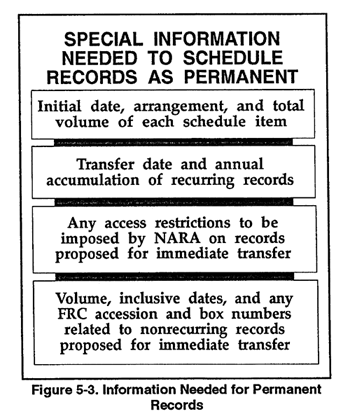Subject areas The great thing about receiving a multiple subject credential is that I have the opportunity to teach lessons on every subject. This provides great opportunities to do cross curricular lessons in order to enhance student comprehension, but also to take advantage of every second students are in the classroom. The eleventh issue of the Bridging & Commercial Magazine moves away from the virtual world and gives you a glimpse into some of the best IRL moments in the property and specialist lending industries. The following books on teaching portfolios are available for check-out in the Center for Teaching’s library. Seldin, Peter, The Teaching Portfolio: A Practical Guide to Improved Performance and Promotion/Tenure Decisions, 3rd edition, Anker, 2004. Teacher Research Project Students participating in a tableau activity. During my student teaching at Beacon Charter High School for the Arts, I completed a research project entitled, 'Navigating Non-Fiction through Drama: Using Choral Reading to Create a Transaction with Text'.
It seems obvious that, if you are going to teach a subject, then you should really know a lot about the subject, right? Certainly in high schools, where teachers often specialise into one or two subject areas, there is a real emphasis on the subject matter knowledge of the teacher - which is why, the claim goes, that if you want to teach history, you should first learn a lot about history, and if you want to teach mathematics, then you should get a degree in mathematics.
One Chapter Ahead of the Students…

It is surprising, then, that there is relatively little evidence supporting this claim. Instead, it seems as if it has been accepted as a truism by many educators, and not investigated further - it is just a ‘given’. What evidence there is, however, suggests that there is much less correlation between teacher subject knowledge and student achievement than one might reasonably expect. John Hattie, a New Zealand education academic, identified that subject matter knowledge was really only a minor consideration in student achievement. Hattie conducted a meta-analysis of more than 1000 educational studies which identified 138 different factors that influenced student learning. The required effect size for a student to make a year’s progress was 0.4. According to Hattie, teacher subject-matter knowledge had an effect size of 0.19, meaning that it was far less effective than other factors like classroom management (0.52) or effective teacher feedback (0.75).

It would be easy to conclude, based on Hattie’s work, that subject matter knowledge is unimportant, and that teachers can teach with abandon outside their subject area. This kind of argument is not completely unfamiliar to elementary or primary school teachers, who are often required to be generalists - and often acknowledge that they don’t have the same level of subject knowledge as high school teachers. In this case, teachers can afford to be one topic ahead of the students in their teaching.
Not so Fast…
Of course, as with many other things in education, the answer is much more complicated than that. Hattie revisited this topic in a later book, Visible Learning for Teachers (2011) where he discussed the fact that expert teachers can make use of their subject knowledge to organise and use content knowledge more effectively for their students to understand. In addition, expert teachers are more likely to be able to respond to the needs of any particular classroom, recognising students who are struggling and changing the way the information is presented in order to make it more understandable.


There have also been criticisms of Hattie’s work - some of which focus on the fact that educators have interpreted his work by isolating independent factors in education and elevating them above others. In other words, to use the example above, schools should focus all their effort on effective feedback and classroom management, and not worry about teacher subject knowledge. Of course, such an approach wold ignore the complex interplay of variables that take place in an educational setting. To continue our example: for a teacher to provide effective feedback (rather than the too-often deployed ‘Good effort!’) requires that teacher to understand both what the student is capable of, and how the student can express their understanding and what an improved understanding might look like. In other words, a teacher needs to call on and deploy skills related to feedback, teacher subject knowledge, and also their relationship with the student in order to complete the process successfully. There is no single factor that stands out here - rather, there is a mix of different skills and knowledges that expert teachers are capable of weaving together.
So What’s the Answer?

Subject Matter Knowledge Ms. Schrader's Teaching Portfolio Login
Of course, nothing is ever simple in education. The answer is that teachers - whether they are subject specialists or generalists - need a wide range of different skills and attitudes if they are to assist their students achieve high outcomes. These should include relationships with students, subject matter knowledge and also an understanding of pedagogical processes to develop the understanding that is required. Should a teacher fail to have any of these, then it is likely that the learning in the classroom will not be as successful. However, it would be foolish to isolate one of these skills to the exclusion of all others: teaching, like most people-centred professions, requires a range of abilities and skills that the practitioner carefully weaves together, in such a way as to provide the most meaningful experience possible.